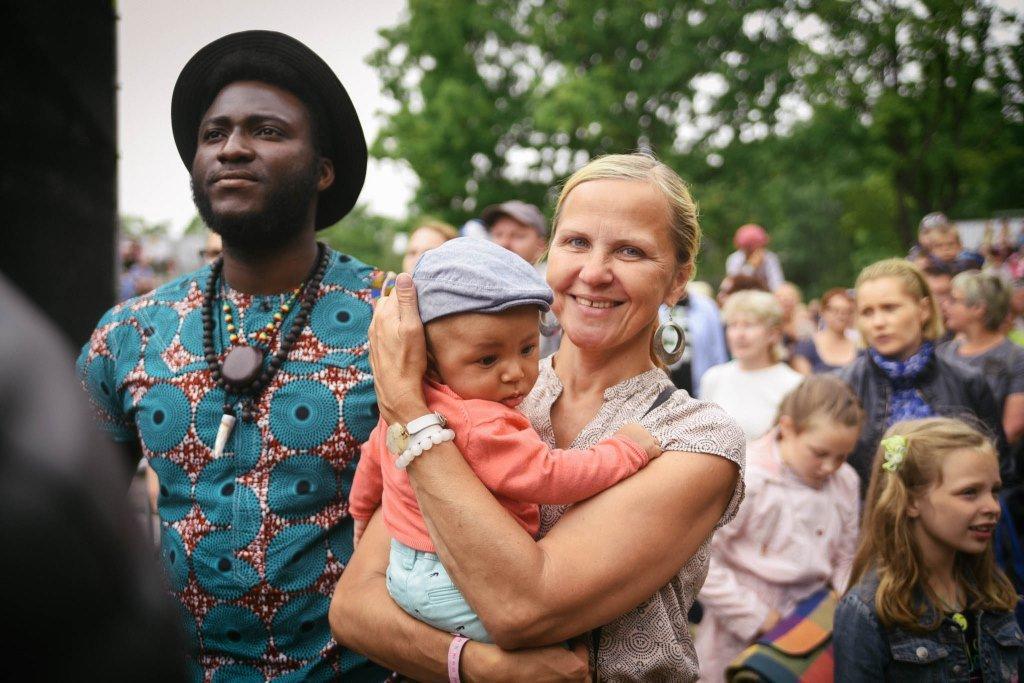The 25th Viljandi Folk Festival more than deserved its theme name, “New and old”.
It’s almost inconceivable to think that the Viljandi Folk Festival was started in 1993 – the year when the music scene in Estonia became gradually dominated by poorly written and primitive synth-based local pop, sometimes mockingly called “elf disco”. Yet, the folk prevailed, while the simplistic and basic synth-pop faded away by the end of that decade.
This year, the somewhat underrated but picturesque southern Estonian town of Viljandi hosted the folk festival for the 25th time. Since its humble beginnings, it has grown to become one of the largest folk festivals in Europe – and attracting bands from as far afield as Alaska in the US, Senegal in Africa and South Korea and Afghanistan in Asia. And it’s not only about folk in its classical sense anymore either – some of the bands are better classified as folk rock or even folk metal.
Since 2002, the festival has focused on one specific theme each year. The theme of this year’s jubilee event, which took place from 27-30 July, was “New and old” – and it was, indeed, a convenient choice. Not only did the festival feature old legends side-by-side with young talents, but the audiences were very diverse in age too – from babies to grand old ladies.
“It’s inspiring to feel the energy of the experienced musicians and the enthusiasm of the newcomers that brings together different generations and worldviews on the dance floor. Different generations complement each other both on the stage and on the dance floor. The old becomes new and vice versa,” Tarmo Noormaa, the festival’s head of programme, said.
Beyond entertainment
After 25 years, it’s fair to say the Viljandi Folk Festival goes beyond entertainment. As the head of the festival, Ando Kiviberg, explained prior to the event, together with Viljandi Culture Academy and Estonian Folklore Archives it started a revival of traditional music in Estonia. “The goal to make traditional music an inseparable part of the contemporary cultural space – which was set 25 years ago – has been achieved,” Kiviberg said.
And then there is the importance of comprehending the other cultures. With so many international bands and languages represented, even the die-hard nationalists must admit that there are many great cultures out there. “How many of you have been born in Viljandi?” demanded Nano Stern, an engaging singer-songwriter of a namesake Chilean jazz fusion band, from the audience in the setting of the town’s historical castle. After seeing just a handful of raised hands, he decidedly proclaimed on the stage: “You see – we’re all immigrants. Next time some politician starts to blame immigration for the country’s problems, just tell them to fuck off!” For once, the nationalists remained silent.
I
Images by Linda Liis Eek, Aivo Põlluäär, Madli Viigimaa, Kris Süld, Ako Lehemets, Kevin Kohjus (courtesy of Viljandi Folk Festival.) Please consider making a donation for the continuous improvement of our publication.

